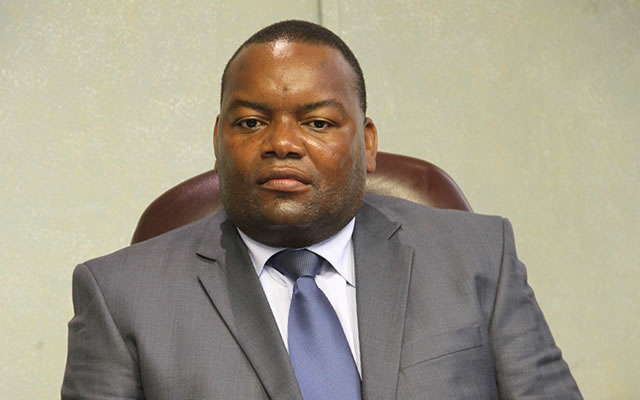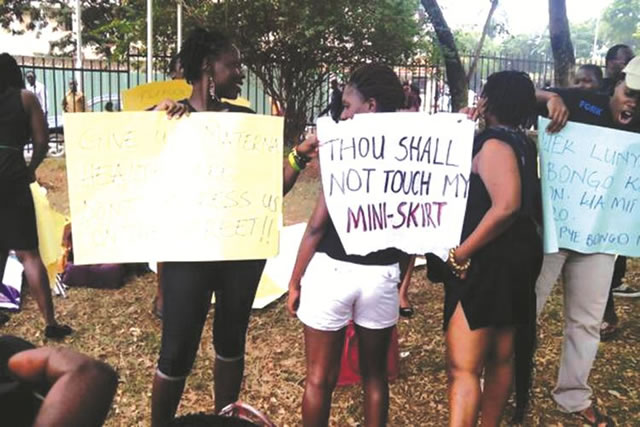Allied Timbers closes Botswana unit

Martin Kadzere Senior Business Reporter
ALLIED Timbers Holdings has closed its Botswana business due to the fall in demand of roofing timber material in that country and has instead set sights on the Zambian market, a senior official said yesterday.Chief executive Mr Joseph Kanyekanye said the company has restructured its domestic marketing channel and is now directly feeding the informal sector as opposed to the old system where it sold its products through merchants.
Allied set up a division in Botswana in 2004 and had five branches, a pole treating plant and a wooden truss factory. Mr Kanyekanye said the company is now leasing most of its Botswana properties. It has also identified a distribution agent for its products.
Allied took a strategic decision to enter Botswana to generate foreign currency during the hyperinflation era to sustain local operations. However, the sector is now dominated by Chinese businesses selling cheap steel trusses.
“On Botswana, we took a decision to minimise our involvement in 2011. We were going to supply Botswana directly from Zimbabwe using a marketing agent. We are moving more towards the north because of the US dollar component.
“We believe there are better prices in Zambia. There are enterprises in Zambia and I think we will be in an easier competitive position to supply Zambia than Botswana.
“We have done advance orders and . . . we anticipate that we will be able to secure at least a US$7 million export order,” said Mr Kanyekanye in an interview.
On local operations, Mr Kanyekanye said Allied will tomorrow commission a milling plant at a cost of US$1 million in Chimanimani with a capacity of milling about 200 cubic meters of sawn timber per month.
“It will cost about a million because we are still doing some work in terms of waste reticulation but then we may also need to add (the investment),” said Mr Kanyekanye.
“We have a capital expenditure programme for about US$2,8 million this year which will go more into the harvesting side of timber.”
He said the company was largely using internal resources to “drive (the investment programme) largely because of the punitive interest rates on the local financial market.”
The plant is expected to reduce production costs by 70 percent, he said, adding that the low cost production will guarantee the company’s competitiveness especially on the export market.
The plant will be run under three shifts, with each shift producing 20 cubic metres of timber products daily, he added.
Going foward, Mr Kanyekanye said Allied will embark on a programme to mordenise its mills to achieve production efficiencies. Allied directly employs 1 400 people and has milling capicity of 120 000 cubic metres per year.
Currently, the company is milling about 70 000 cubic metres per year. Mr Kanyekanye said the company was looking foward to grow its plantation at a rate of 1 500 ha per year starting this year and gradually increase to 3 000 ha.
In the region, Allied is exporting to South Africa, Namibia and Botswana. It also has plans to start exports to Rwanda.










Comments